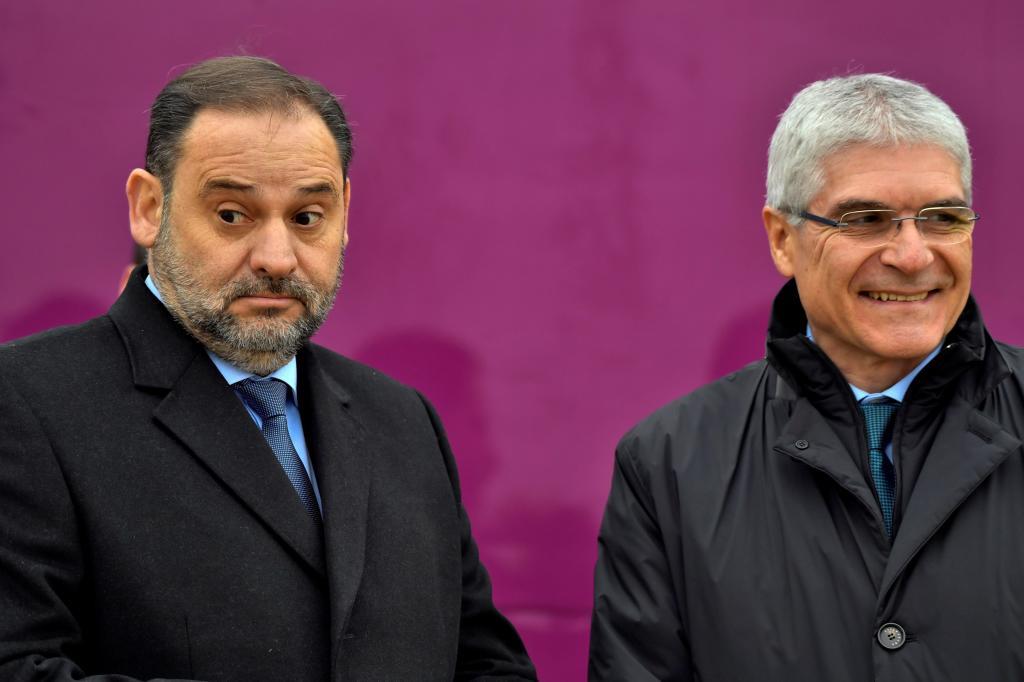The AVLO, the cheap AVE that Renfe will put on high-speed roads next April, will require passengers to adapt to price complements, inconvenient schedules or less space in the wagons to access lower fares. It is the low cost model that Ryanair has imposed in airports and now reaches the Spanish high-speed network, the second largest in the world and also the least used.
How much will the prices go down?
It is the first question asked by the millions of travelers who use the AVE every year and who criticize the prices charged by Renfe. The Ministry of Development rejected yesterday to advance a figure, although a fare of 25 euros per ride has been shuffled in the Madrid Barcelona corridor, which is where it will be released. Anyway, if something has a trick in the low cost business, it is prices, which have a dynamic system whereby if one part of the ticket pays very low fares, another part pays them too high for the service it receives. The official announcement will be made in January, when tickets begin to be sold for the new train.
Why only between Madrid and Barcelona?
The grievances between regions for having AVE will go to another dimension: that of those who have three high-speed cheap and those who do not. The high-speed network has about 3,500 kilometers and the AVLO will roll in principle over the 804 kilometers of the Madrid-French Border corridor. It is more than foreseeable that users of other corridors such as Alicante, Seville, Malaga or Leon demand a cheap AVE to move. At the moment, Renfe only undertakes to study it but anticipates that the logic of the AVLO is that of low cost: cheap prices because there is a lot of passenger volume. The high-speed lines with low demand will have it more difficult than the one that connects Madrid and Barcelona, where the SCNF will also compete, an operator several times larger than Renfe and with low-cost experience.
Will we have to pay to carry luggage?
The baggage policy used today for the AVE will, most likely, be different in the AVLO. It is another price paid by low-cost passengers. Renfe anticipates that the rate may be supplemented in several ways. That is, you can enjoy complementary services provided you pay for them. One of them could be carrying a large travel suitcase. Ouigo, the low cost service of the French group SCNF, supports a hand luggage that can be carried on the knees and a small suitcase. If you want to travel with a large suitcase, a supplement must be paid . The choice of seat can also vary: from a standard to a folding aisle through a window, at the end or in the center of the car ...
What will the trains be like?
At first, Renfe will adapt current models to launch its service. Later, you will receive specific Talgo models that are equipped with one more row of seats per car and will allow you to raise the current maximum occupancy by 20%, above 500 seats per train. There will be rows of three seats instead of two as before.
What will the schedules be?
Among the advantages that travelers will choose the AVE rather than the Avlo will be the move in the most comfortable or practical schedules. The peak hours will be reserved for the highest rates and the cheap ones will have to adapt. In any case, there will be no night trains. Adif, the infrastructure manager uses these hours for the maintenance of the road, although it has opened to study the possibility of opening them to traffic.
And will they arrive at the same stations?
When the first cheap AVE project was advanced, the Government indicated that its low-cost service between Madrid and Barcelona would end at the El Prat airport. Yesterday, Renfe ruled out this possibility and pointed out that the routes will be made between main stations. In principle, AVE and AVLO will take the same time although Adif has already indicated that it would be possible to introduce a "medium speed" when the market is opened to the rest of competitors, at the end of next year. It is something that would open the offer to further price declines and that would value the time savings that an AVE now offers.
According to the criteria of The Trust Project
Know more- Renfe
- Barcelona
- Madrid
- Ryanair
- Seville
- Malaga
- Lion
- Alicante
Meteorology A deep storm brings warnings to 39 provinces, especially by rain, wind or bad sea
Infrastructures The end of the Renfe monopoly forces the price drop of the AVE in 60% of the network
InfrastructureMontcada demands that the political blockade does not stop the underground

